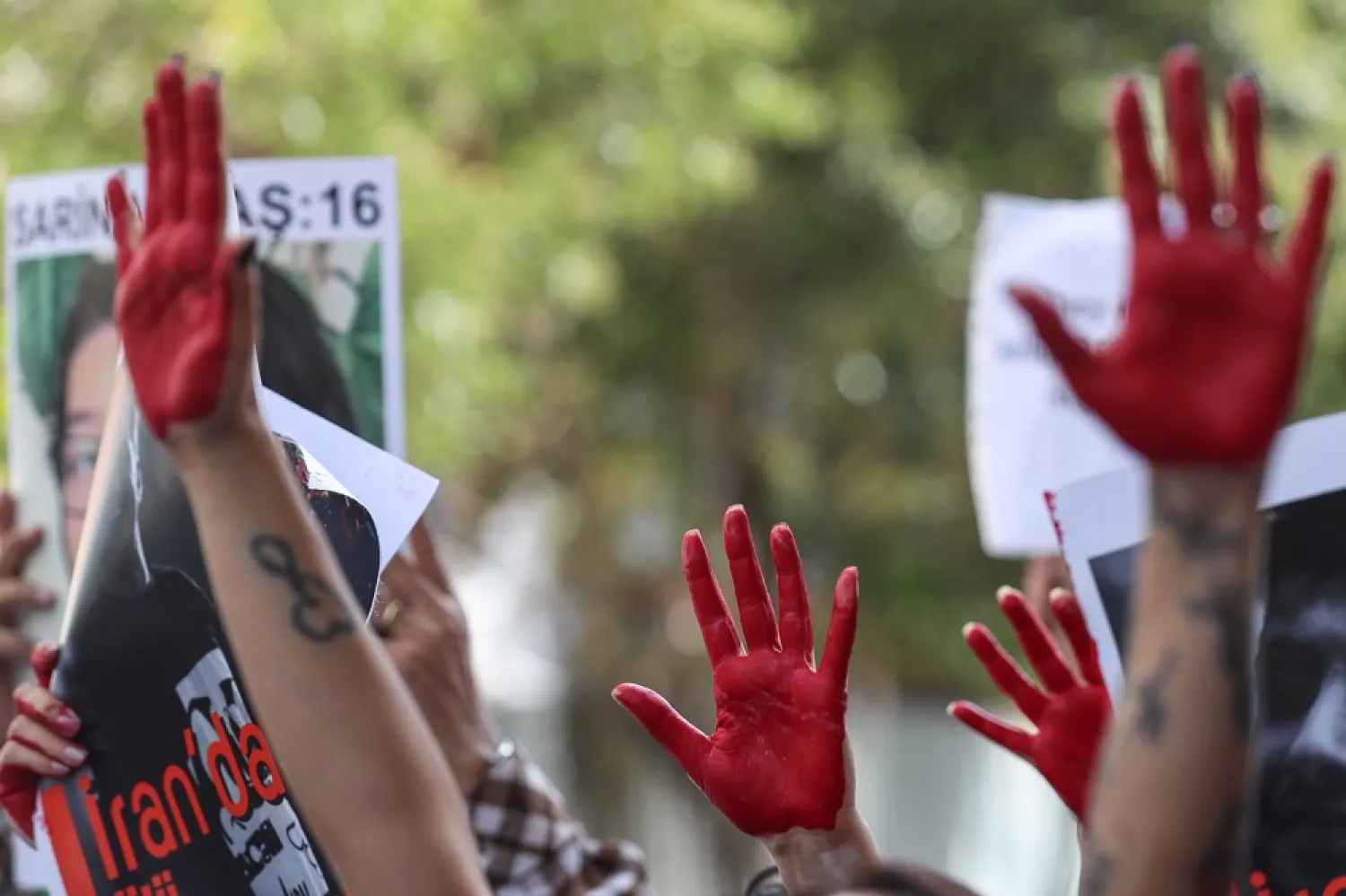Protesters intensified anti-government demonstrations along main streets and at universities in some cities across Iran on Saturday. Human rights monitors reported hundreds dead, including children, as the movement entered its fifth week.
Demonstrators chanted “Down with the Dictator” on the streets of Ardabil in the country's northwest. Outside of universities in Kermanshah, Rasht and Tehran, students rallied, according to videos on social media. In the city of Sanandaj, a hotspot for demonstrations in the northern Kurdish region, school girls chanted, “Woman, life, freedom,” down a central street.
The protests erupted after public outrage over the death of 22-year-old Mahsa Amini in police custody. She was arrested by Iran’s morality police in Tehran for violating the country’s strict dress code. Iran’s government insists Amini was not mistreated in police custody, but her family says her body showed bruises and other signs of beating after she was detained.
At least 233 protesters have been killed since demonstrations swept Iran on Sept. 17, according to US-based rights monitor HRANA. The group said 32 among the dead were below the age of 18. Earlier, Oslo-based Iran Human Rights estimated 201 people have been killed.
Iranian authorities have dismissed the unrest as a purported Western plot, without providing evidence.
Public anger in Iran has coalesced around Amini's death, prompting girls and women to remove their mandatory headscarves on the street in a show of solidarity. Other segments of society, including oil workers, have also joined the movement, which has spread to at least 19 cities, becoming one of the greatest challenges to Iran’s theocracy since the country’s 2009 Green Movement.
Commercial strikes resumed Saturday in key cities across the Kurdish region, including Saqqez, Amini's hometown and the birthplace of the protests, Bukan and Sanandaj.
The government has responded with a brutal crackdown, arresting activists and protest organizers, reprimanding Iranian celebrities for voicing support, even confiscating their passports, and using live ammunition, tear gas and sound bombs to disperse crowds, leading to deaths.
In a video widely distributed Saturday, plainclothes Basij, a paramilitary volunteer group, are seen forcing a woman into a car and firing bullets into the air amid a protest in Gohardasht, in northern Iran.
Widespread internet outages have also made it difficult for protesters to communicate with the outside world, while Iranian authorities have detained at least 40 journalists since the unrest began, according to the Committee to Protect Journalists.









